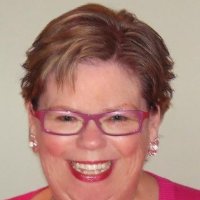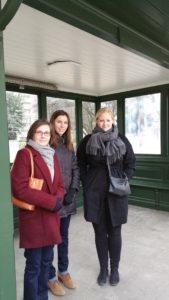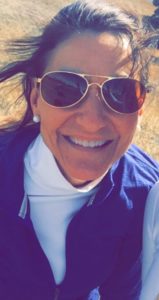Taking Ownership of Health
One of the main goals of our project is to teach the elderly how to take charge of their health by tracking their own vital statistics in order to monitor change and take action with proactive initiatives. However, it is often difficult to convince people, especially the elderly, to begin tracking their health if they are not already used to doing so in their daily routines, or if the product is complicated and difficult to use. Ideally, we aim to help recent retirees monitor the health of their parents so they become comfortable with this tracking technology and can continue these habits when they are older. The sooner patients can take ownership of their own health, the more likely they are to pick up proactive habits that will improve their quality of life. These are three patterns we noticed within this guiding principle.
Need for Integration

“I would want something in the home to tell me if they’re taking their meds, if they got out of bed that day… and then could report those facts to a team of doctors, nurses, caretakers, and family members.” — Kathleen Murphy (expert interview)
Self-Health Interest

“Joyce (mother-in-law) likes to communicate, likes following her health. But my mom doesn’t want to know about her health because it will ‘stress her out.’” — Sandra McCarry (ethnographic interview)
Control Where You Can

“Yes, I would love to get updates on how he is doing so I could have that piece of mind, assist him in any way and prolong his independent living”. — Leslie Hinton (ethnographic interview)